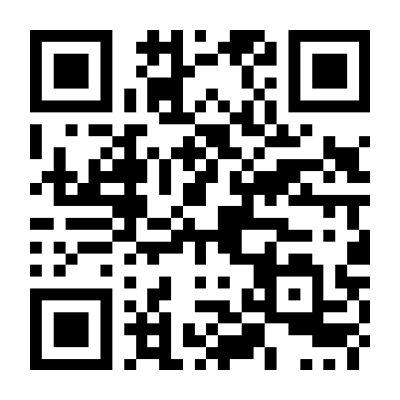多选题
2分
Read the following text. Choose the best word(s) for each numbered blank and mark A, B, C or D on th...
Read the following text. Choose the best word(s) for each numbered blank and mark A, B, C or D on the ANSWER SHEET. (10 points)
People are, on the whole, poor at considering background information when making individual decisions.A.t first glance this might seem like a strength that 1 the ability to make judgments which are unbiased by 2 factors. But Dr Uri Simonsohn speculated that an inability to consider the big 3 was leading decision-makers to be biased by the daily samples of information they were working with. 4 , he theorised that a judge 5 of appearing too soft 6 crime might be more likely to send someone to prison 7 he had already sentenced five or six other defendants only to forced community service on that day.
To 8 this idea, he turned to the university-admissions process. In theory, the 9 of an applicant should not depend on the few others 10 randomly for interview during the same day, but Dr Simonsohn suspected the truth was 11 .
He studied the results of 9,323 MBA interviews 12 by 31 admissions officers. The interviewers had 13 applicants on a scale of one to five. This scale 14 numerous factors into consideration. The scores were 15 used in conjunction with an applicant’s score on the Graduate Management Admission Test, or GMAT, a standardised exam which is 16 out of 800 points, to make a decision on whether to accept him or her.
Dr Simonsohn found if the score of the previous candidate in a daily series of interviewees was 0.75 points or more higher than that of the one 17 that, then the score for the next applicant would 18 by an average of 0.075 points. This might sound small, but to 19 the effects of such a decrease a candidate would need 30 more GMAT points than would otherwise have been 20 .
11.______
People are, on the whole, poor at considering background information when making individual decisions.A.t first glance this might seem like a strength that 1 the ability to make judgments which are unbiased by 2 factors. But Dr Uri Simonsohn speculated that an inability to consider the big 3 was leading decision-makers to be biased by the daily samples of information they were working with. 4 , he theorised that a judge 5 of appearing too soft 6 crime might be more likely to send someone to prison 7 he had already sentenced five or six other defendants only to forced community service on that day.
To 8 this idea, he turned to the university-admissions process. In theory, the 9 of an applicant should not depend on the few others 10 randomly for interview during the same day, but Dr Simonsohn suspected the truth was 11 .
He studied the results of 9,323 MBA interviews 12 by 31 admissions officers. The interviewers had 13 applicants on a scale of one to five. This scale 14 numerous factors into consideration. The scores were 15 used in conjunction with an applicant’s score on the Graduate Management Admission Test, or GMAT, a standardised exam which is 16 out of 800 points, to make a decision on whether to accept him or her.
Dr Simonsohn found if the score of the previous candidate in a daily series of interviewees was 0.75 points or more higher than that of the one 17 that, then the score for the next applicant would 18 by an average of 0.075 points. This might sound small, but to 19 the effects of such a decrease a candidate would need 30 more GMAT points than would otherwise have been 20 .
11.______
参考答案: A
参考解析: 本题测试考生根据上下文进行逻辑推理的能力。本句的前半部分表述的是我们通常所认为的那种情况,而这正是Dr Simonsohn所不相信的。因此,本题的正确答案应该是对此的否定。因此,只有otherwise“另外的,别样的”与上文在内容和逻辑上相符。defensible“可以辩护或支持的”属于肯定。replaceable“可以替换”的,不符合逻辑。exceptional“例外的,特殊的”,用于对人或事物的特别褒扬,与上文的内容不符。

 百度扫一扫练题
百度扫一扫练题
 关注千题库公众号
关注千题库公众号








